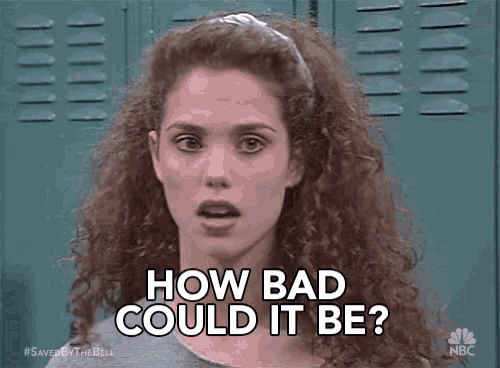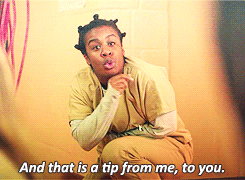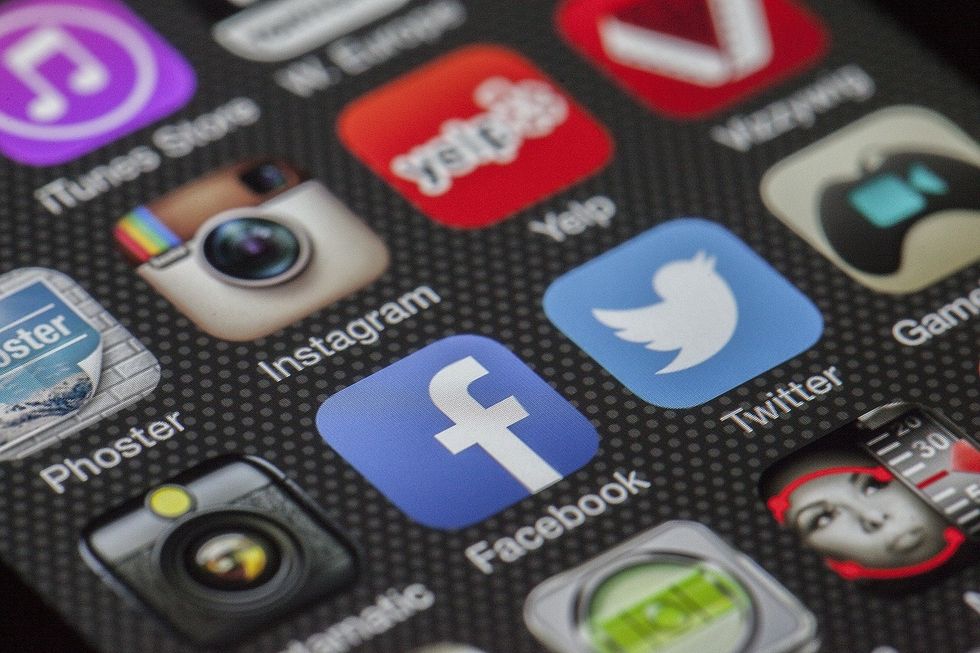There seems to be plenty of misinformation spreading, mainly centered around politics. Things have come a long way; news can spread like wildfire at any second. The issue lies within misinformation. One sentence in a news article alone can create an idea for some online posting about the same topic. That article tends to leave out the important data, explanation, and situational information leading up to the line that these hypothetical articles are written from. Unbiased opinions become no longer, which passes on to the next article written. See the problem?
1. Not yet?
Well, let's get into that. The articles following the news report (I'm using news reporting as an example but that may not always be the case) leave out information that is needed to let one make their own beliefs on the topic. What these news sources should do, although not in all cases, present factual information leaving out any forms of opinion unless presenting both sides equally. One biased article after another, they get shared on Facebook by others, and suddenly your Aunt is against something on the base of no real facts. These social media outlets have algorithms to tailor what you see to who you're friends with, what you spend most of your time looking at, and what you have shown interest in.
2. See the problem now?

Okay, good. I know there are plenty of things in the news in regards to politics that can have both parties screaming like chickens with their heads cut off, but getting information from reputable sources, who also give their sources, is a start. I see no issue in being on opposite sides of an argument with someone, but I want to at least know they had the opportunity to see the raw information objectively and then form their opinion.
3. Interested in getting real information?
 media.giphy.com
media.giphy.comI'm not going to list off news sources because we all know they can be slightly to heavily biased in one way or another. My suggestion? Look at CNN, MSNBC, Fox, ABC, NBC, local and national. Look at all of them, see what is common between reports, and what is different. Some information could be unique because they have an additional source, others could be because there is an underlying, unintentional bias where both sides are not presented equally. If there's a cited source, go find it. This isn't about finding information to make your point, it's about basing an opinion off the most information you could possibly find.
4. Results the same?
 Giphy
GiphyThe outcome of your anger/support may be the same, more extreme than before, or even leaning the other direction. Even if you still feel strong in opposition about something I personally agree with, I will never be angered if you did all the digging you could. We may have different studies to point to or different people to quote, but finding the information and using that in your argument is important to making a good case.
5. Now who's fault is it anyway?
 media1.tenor.com
media1.tenor.comIs it the readers trusting Facebook? Is it the writers of the articles for being biased and not presenting enough information? Neither and both. You must take everything you read with a grain of salt. It may be from your most trusted news source, but every source seems to blur that line at least every now and then. As I've suggested, always be thorough, but also don't forget to try and talk about your opinions. Open the conversation to people and hear others' thoughts. Listen and absorb fully. Speak proactively. You may learn something new.

https://assets.rbl.ms/19096183/980x.gif



















